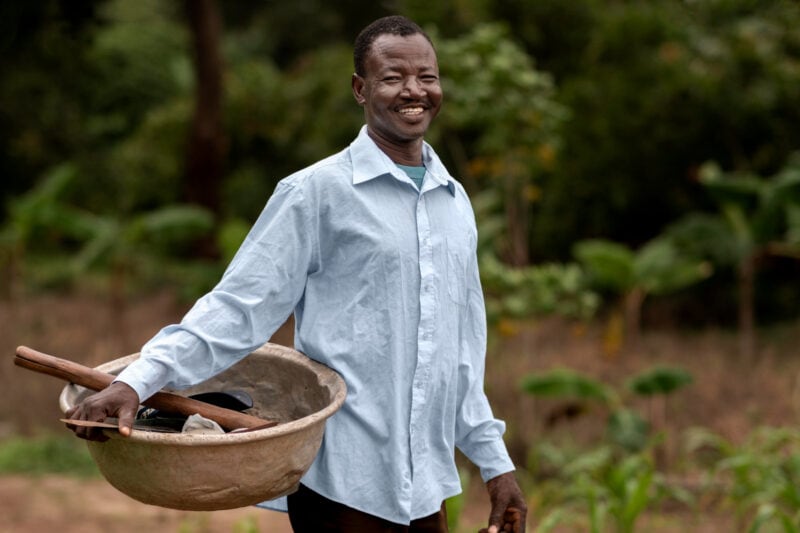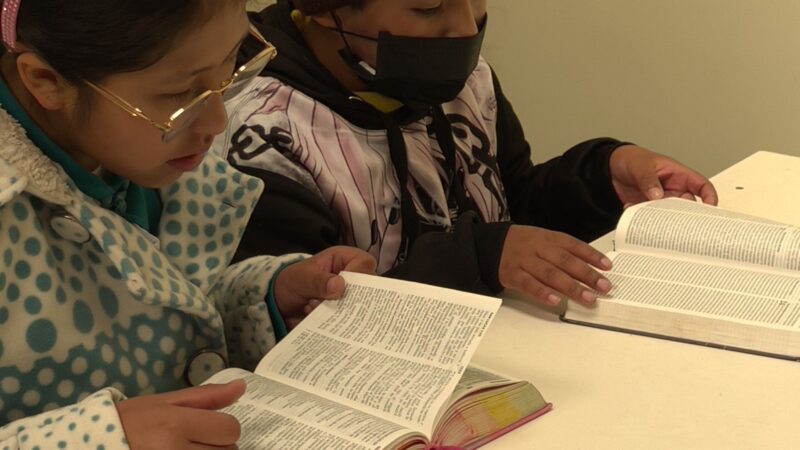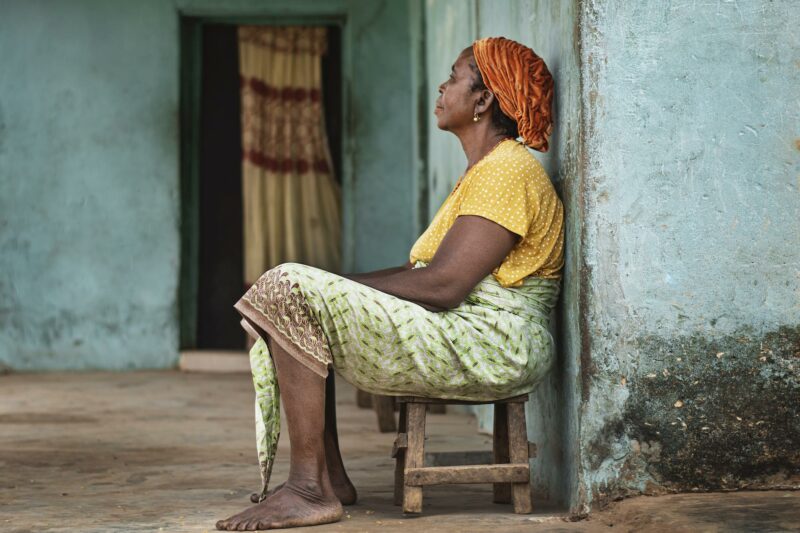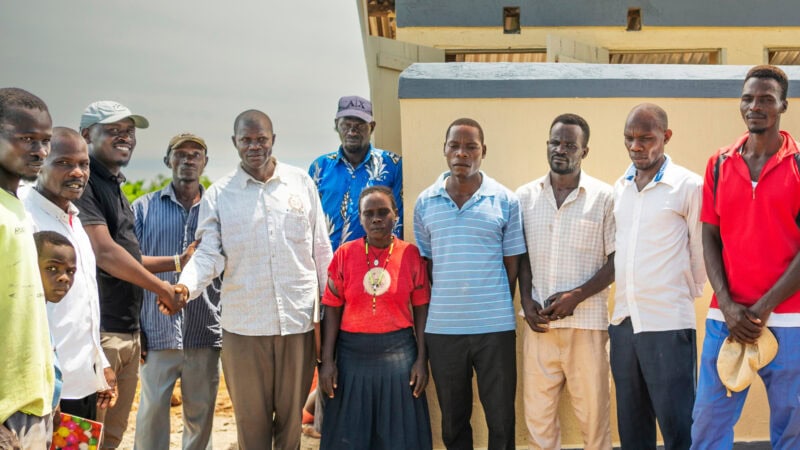Jesus’s days were numbered. As He and His disciples gathered for a meal in Bethany, the high priest and Pharisees plotted Jesus’ death. In the middle of the meal, Mary, the sister of Martha and Lazarus, offered her most valued treasure to Jesus as an act of worship. And not only that, Mary understood something others at the gathering did not: Jesus would soon die as the sacrificial Lamb of God. And for Mary’s faith, Jesus praised her.
It is in this context that we read Jesus’ familiar and often misquoted statement in Matthew 26:11: “For you always have the poor with you, but you will not always have me.”
As we explore this verse and its context, let’s listen to Jesus’ intent with wisdom and discernment.
Contents:
Where Does Jesus Say This?
3 Common Misinterpretations
Jesus’ Words In Context
Conclusion
Where Does Jesus Say This?
According to both Matthew 26:11 and Mark 14:7, the disciples as a group felt anger at Mary’s wasteful use of her precious perfume. But John 12:6 singles out Judas Iscariot as the driving force behind the disciples’ indignation, because: “he was a thief, and having charge of the moneybag he used to help himself to what was put into it.” In fact, following this scene, Judas ran straight to the Jewish authorities to arrange to betray Jesus.
So, to illuminate the stark contrast between Judas’ greed and Mary’s lavish worship, Jesus quoted from the first part of Deuteronomy 15:11: “For the poor you always have with you,” and then added “but you do not always have me.” In doing this, Jesus made two points: 1) He reminded the disciples that His time with them would soon come to an end; and 2) He condemned the disciples’ greed by pointing them back to God’s command that they provide justice for the poor in Deuteronomy 15:11.
3 Common Misinterpretations
With the context of Jesus’ words in mind, we must address three common misinterpretations of Matthew 26:11.
1. We can never end poverty so we shouldn’t even try!
It’s clear throughout the Old Testament that God cares for the poor so much that He commanded His people to meet their physical needs. In fact, He established the Year of Jubilee to release slaves, forgive debts, and restore property to the original owners (see Lev. 25:23-25). The Year of Jubilee was meant to prevent poverty in Israel.
2. Christians, not the government, should meet the needs of the poor.
In many underdeveloped nations, poverty is a direct result of injustice. Greedy leaders and oppressive laws have trampled on the needs of orphans, widows, foreigners, and others God instructs His people to protect (see Exod 22:21-22; Deut 24:17).
Of all people, Christians should be the most generous. We have received grace, forgiveness, and eternal Hope through Jesus. As a result, we live on earth as citizens of heaven (Phil. 3:20), putting heavenly priorities into practice now. But in addition to the church’s care for the poor, unjust laws that favor the rich must be addressed at the government level.
Donate to Countries Most in Need
Bright Hope partners with local churches in underdeveloped countries that face overwhelming injustice.
3. We should care more about Jesus than the poor.
As we read through the gospels, we see that the Kingdom of God is an upside down kingdom. Jesus modeled this truth through His incarnation, rejection, and death. He came as a servant to give His life for others and as His followers, we must do the same (see Mark 8:34).
Concerning poor sisters and brothers in Christ, meeting their needs is serving Jesus: “Whatever you did for one of the least of these brothers of mine, you did for me” (Matt. 25:40). When we deny ourselves-our material desires and wants-in order to share with the poor, we’re practicing true discipleship.
Jesus’ Words in Context
Throughout the Torah, God commanded His people to reflect His character as a faithful provider by sharing with the poor.
For example, Leviticus 23:22 says, “And when you reap the harvest of your land, you shall not reap your field right up to its edge, nor shall you gather the gleanings after your harvest. You shall leave them for the poor and for the sojourner: I am the Lord your God.”
The Israelites lived in an agrarian society. They made their living through farming. So, when God asked them to purposely leave part of their fields unharvested, He was commanding them to forgo a portion of their income in order to eliminate poverty from the land. In this way, God wanted the Israelites to live radically different lives than all the nations surrounding them, primarily by the way they shared extravagantly with the poor.
Then, in Deuteronomy 15:7-8, we see that failing to meet the needs of the poor is evidence of a hard heart: “If among you, one of your brothers should become poor, in any of your towns within your land that the Lord your God is giving you, you shall not harden your heart or shut your hand against your poor brother, but you shall open your hand to him and lend him sufficient for his need, whatever it may be.”
So, by the time we get to Jesus’ reference to Deuteronomy 15:11, it’s clear that the existence of poverty among God’s people was an indictment of their greed and hard-hearted disobedience to His character.
Conclusion
Back to the scene in Bethany, which means “house of misery,” we see Jesus sharing a meal at the home of Simon, a former leper and outcast. At that time, lepers couldn’t work, couldn’t worship at the temple, and couldn’t even touch another human being. They endured life as economic, cultural, and relational paupers.
And it was to these that Jesus came. In Luke 4:18-19, quoting from Isaiah 63:1-2, Jesus declared Himself the King who would bring good news to the poor. But what news? The news that He would defend, protect, and redeem the poor, the brokenhearted, the captives, the outcasts, and those forgotten by society. And ultimately, He would usher in a kingdom in which poverty, sickness, and death would die.
As citizens of God’s kingdom, we should put into practice the good news of the gospel now!
Many people will never open a Bible to find out how much God loves the poor. But they will take notice when followers of Jesus share extravagantly with the poor.
Donate to Help Bring Good News to the Poor
Giving through Bright Hope means you are helping local Christians reflect God’s character of generous charity.
Donate Now





